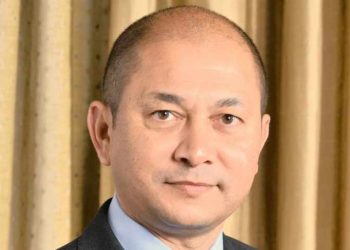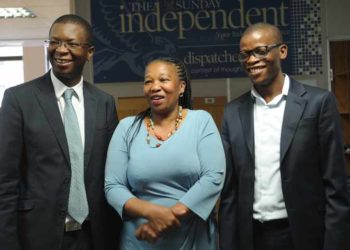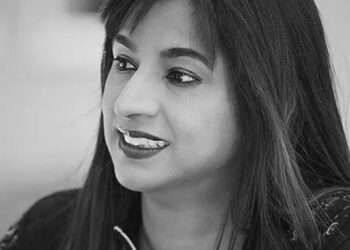Sekunjalo Independent Media Consortium has busted the myth that the purchase of Independent Media, the biggest media group in the country, from the Irish for R2 billion was only through funding from the Public Investment Corporation (PIC).
The company appeared before the Standing Committee on Finance (SCoF) on Wednesday to detail the facts of how its umbrella body, Sekunjalo Group, actually sealed a deal with the Irish media company, which was the owner of Independent Media in South Africa at the time.
Independent Media’s delegation included Sekunjalo’s executive chairman, Dr Iqbal Survé, chief operating officer Takudzwa Hove, editor-in-chief Aneez Salie, editor of The Star, Sifiso Mahlangu, and Daily News editor Ayanda Mdluli.
SCoF heard how SIM successfully saved its investors financially as it managed to negotiate the price at which the Irish owners were selling from R2.6bn down to about R2bn “saving hundreds of millions in value for its shareholders, including the PIC”.
The PIC had invested R167 million for an equity stake of 25 percent, R133m to acquire an existing portion of a shareholders’ loan and a R285m bridging loan. It also provided R215m of the R365m required to fund Independent Media Consortium (SIM) 55 percent equity into Independent Media.
“Sekunjalo invited other investors to co-invest in Independent Media, which provided the remaining capital with approximately R1.15bn,” said Hove.
Hove stated categorically that since 2013, the PIC had not supported Independent Media with a single cent, but “only the Sekunjalo Group is providing Independent Media financial support to grow its business and compete in the marketplace. To date, directly and indirectly from the Sekunjalo Group, almost R500 million has been provided, allowing the PIC to benefit as a shareholder without providing any additional funds.”
Despite encountering serious challenges, SIM successfully acquired the Independent Media group from the Irish. Such challenges included the PIC reneging on its support for the transaction by reducing its support from R2bn to R850m, as well as “aggressive and public posturing by the (SA National Editors Forum [Sanef]) and its chairperson Nic Dawes to stop the transaction”
“Intensive smear campaigns by competing media such as the Times Media Group and Naspers, who feared the commercial competition of a black-owned enterprise as well as a competitor and diverse narrative now in the public space.
“Attempts to influence the Irish by some senior privileged editorial staff at Independent Media who also attempted to put in their own bid and retain editorial control,” read the presentation.
Hove told SCoF that in the early years after the successful sale, Independent Media had to put up with a hostile environment in the media space. “One of the media groups had a project which was well funded and intended to deliver maximum damage on Independent Media and its chairman in order to reduce its influence in the media landscape.”
bongani.hans@inl.co.za
BUSINESS REPORT ONLINE


















